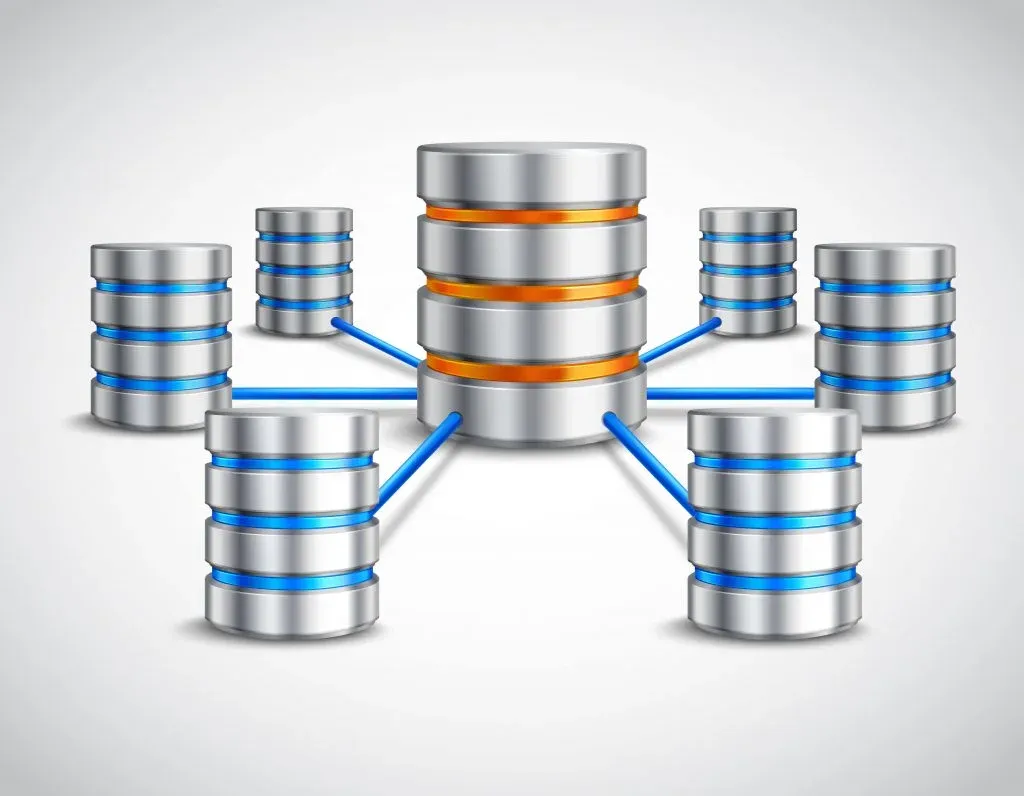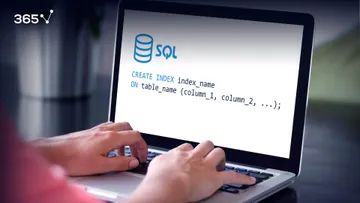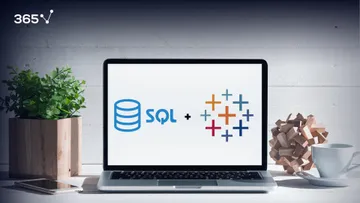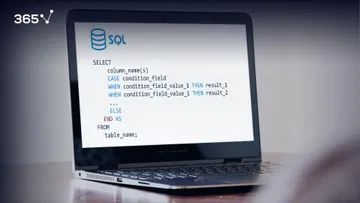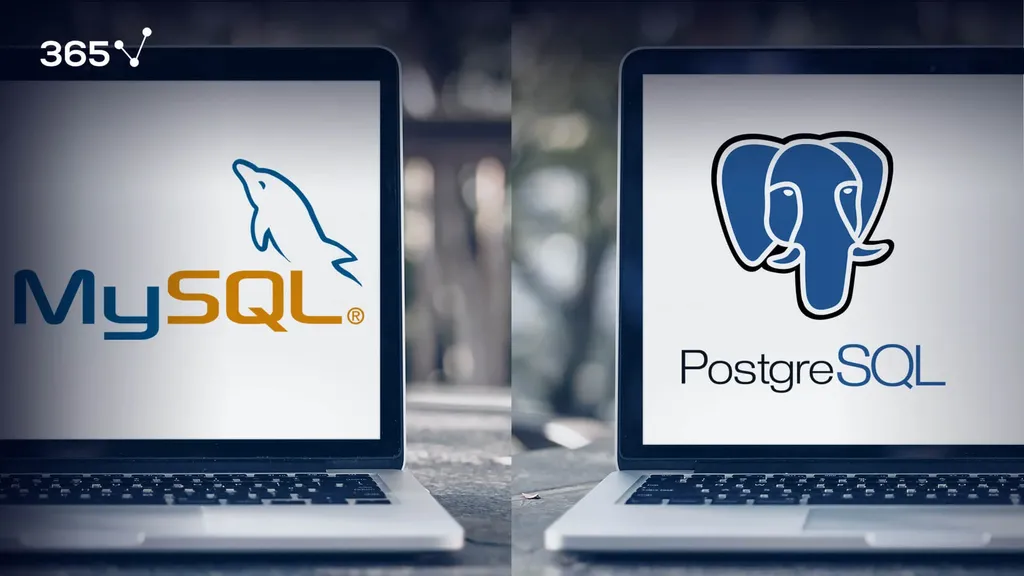
MySQL vs Postgre SQL
Relational Database Management Systems (RDBMS) are the standard method to store and organize data. This model uses tables for storing data, with SQL as the query language. In this article, we will compare the most popular open source RDBMS, MySQL, and PostgreSQL.
What is MySQL?
MySQL is the most well-known relational database management system (RDBMS). It’s an open-source system that supports most SQL functionality. MySQL is a popular choice because it is flexible, easy to set up and access. Beginners often find this Oracle-backed database server attractive because it offers a large number of resources and tutorials.
What is PostgreSQL?
PostgreSQL is a second - generation relational database management system (RDBMS) that can perform operations involving complex queries and large amounts of data. Moreover, PostgreSQL’s multitasking through multi-version concurrency control (MVCC) allows several users to work at the same time in the database. This capability is the cause of its increasing popularity with large companies such as Facebook.
Features
MySQL
- Partially compliant with ANSI SQL standards
- Object-oriented
- The server is available in an embedded database or client-server model
- Runs on most UNIX versions
- Built-in tools for query and space analysis
- Multi-layered design
- Independent modules
PostgreSQL
- Supports Python and JavaScript
- The most common alternative to Oracle
- Runs on all major operating systems
- MVCC allows for large numbers of users working at the same time
- Allows for flexible data retrieval through table joins and views
- Uses replication to backup data
- Its indexing is extensive, allowing for high-complexity reporting
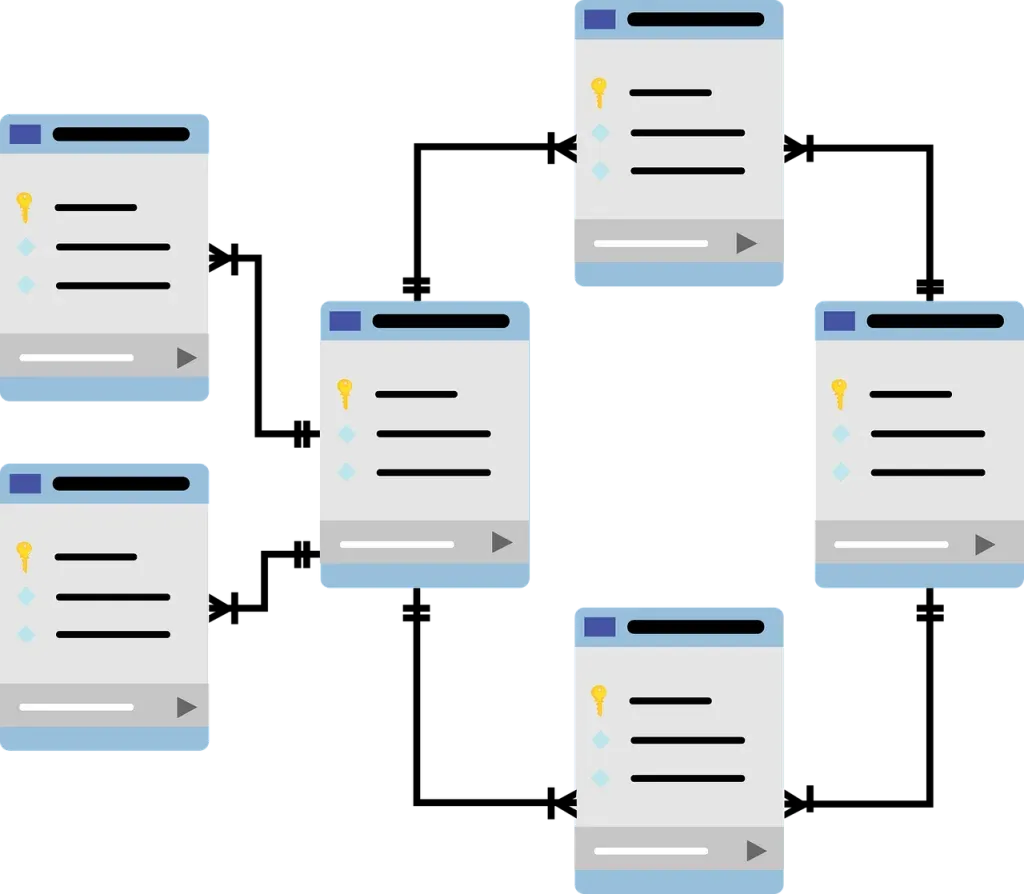
Key Differences
Both databases are great in the execution of the tasks they have been created to perform. Choosing the right one will depend on the requirements and approach of your company. Although both systems share several features, following we describe their key differences to help you choose the right database system.
Open Source
The two RDBMS systems are not with the same open source licenses. MySQL is open to the public under a general public license (GNU) and has a paid version for commercial use. PostgreSQL requires a free PostgreSQL license, similar to an MIT license. Although it is free, you still have to get a license from PostgreSQL.
SQL Compliance
Apart from MySQL and PostgreSQL, there are other versions of the Structured Query Language (SQL) around. Every version of the language complies to a different extent with the standard version of SQL.
In other words, the SQL standard consists of several sets of rules that a database must comply with when implementing SQL guidelines.
Companies that want to integrate with heterogeneous databases must abide by SQL standards at least to some extent. While no database management system has full compliance with Core SQL:2011, these two databases are the best match. Complying with SQL standards has the function to unify SQL databases for best practices. Many databases opt to partially follow the standard, implementing extensions when they are beneficial. This approach helps vendors develop proprietary features not yet included in the standard to improve their platforms. PostgreSQL is the database that observes most of the ANSI-SQL standard, including check constraints and other data integrity features.
MySQL also partially implements the SQL standard, choosing to focus on usability and reliability. However, it does provide non-SQL extensions. MySQL server will not, for example, revoke automatically privileges for a table when you delete a table. You must issue a revoke statement.
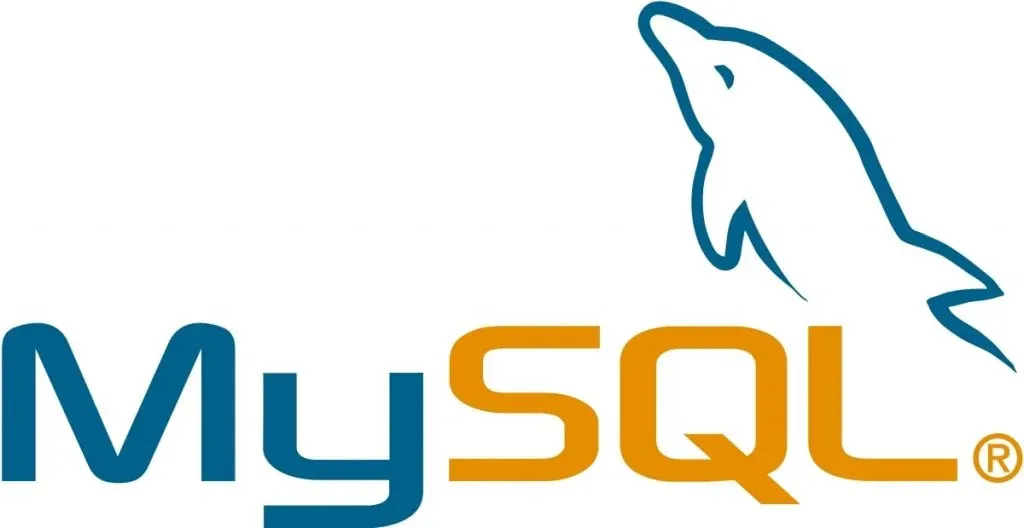
Supported Platforms
Both RDBMS can be run on Windows, Linux, X, and Solaris. PostgreSQL also supports the HP-UX operating system, and UNIX. MySQL support FreeBSD, an open source operating system.
Supported Languages
The more programming languages a database system supports, the easier is for developers to perform tasks on it. MySQL and PostgreSQL were built in C/C++ languages, supporting several other programming languages. Both systems support C family languages, Delphi, Java, R, Go, Lisp, and Erlang. In addition, MySQL supports Perl, Node.js, and PHP. PostgreSQL also supports.Net, Tcl, JavaScript, and Python.
Security and Access Methods
A company needs to consider security features such as data encryption when choosing a database system. MySQL is considered highly secure, as it uses access control lists (ACL) for connections and queries. PostgreSQL has proprietary SLL support to encrypt client-server communications.
It offers a built-in called SE-PostgreSQL, which complies with SELinux policies to give an extra layer of access controls. Both systems support all standards including JDBC and ODBC. JCBC is a database accessing API for Java and ODBC is a standard API to access databases.
Replication
Data replication is the process of duplicating the data and storing it in more than one site, thus making the data more available. It involves copying the data from one computer or server to another, allowing all users to access the same information without inconsistencies.
Both systems perform master-slave replication, where the master database logs all the statements it gets, and the slave database replicates them. MySQL uses a replication system called master-master, where each server is a master database, allowing servers to replicate automatically each other and has permission to update the data. PostgreSQL permits other types of replication through the use of third-party extensions.
Which RDBMS should you choose?
PostgreSQL was built to perform complex queries in systems using large amounts of data. It provides proprietary solutions to custom procedures, such as Geospatial data support.
MySQL is flexible and most efficient for cloud-based applications, or in systems that require data transaction and moderate workload.
Community Support
PostgreSQL has an active community of users who regularly improve its features. The community is driven by innovation releasing advanced security enhancements.
MySQL community instead focuses primarily on the maintenance of existing features.
Pros and Cons
Which is better for your company? To help you decide here we detail the main pros and cons of both systems.
MySQL
| Pros | Cons |
|---|---|
| Easy to set up and manage | Its development is stalled |
| Flexible | Underperforms under heavy loads of queries |
| Scalable | Clustering issues |
| Ready for the cloud | |
| Independent platform |
PostgreSQL
| Pros | Cons |
|---|---|
| Mostly SQL compliant | Less efficient for read-heavy operations |
| Optimized for complex queries | Harder to get support |
| Built for heavy loads of data | |
| Supports custom data types | |
| Innovation driven community |
What Explains Recent Growth in the Use of PostgreSQL?
Until 2015, the race between MySQL and PostgreSQL was neck to neck, but since 2015, more organizations are migrating their systems from Oracle to PostgreSQL. Companies today are increasingly using big data, and this may be behind this increase in migration from Oracle to PostgreSQL. Nowadays, while PostgreSQL adoption is growing, Oracle and MySQL continue leading the databases market. Moreover, Oracle Lifetime Support for MySQL makes it very attractive for organizations wanting to maintain the MySQL structure while enjoying the Oracle support.
Conclusion
While PostgreSQL is now leading in popularity in the RDBMS market, both systems have their place. MySQL works more efficiently for small, cloud-based applications and systems, while PostgreSQL is more effective for companies working with big data and complex queries.
With Oracle acquisition of MySQL, the database giant now develops and supports the open source. Users can have the technical support and advanced features in MySQL Enterprise Edition. Oracle Lifetime Support for MYSQL includes features like:
- Support 24/7
- Unlimited support for incidents
- Knowledgebase
- Maintenance releases, bug fixes, patches
- Remote troubleshooting
In this article, we aimed to present you the pros and cons of both systems so you can choose the right database system for your company requirements. We hope it will help you make the best decision, based on your work goals and preferences.
***
Eager to hone your SQL skills? Enroll in our SQL course.

